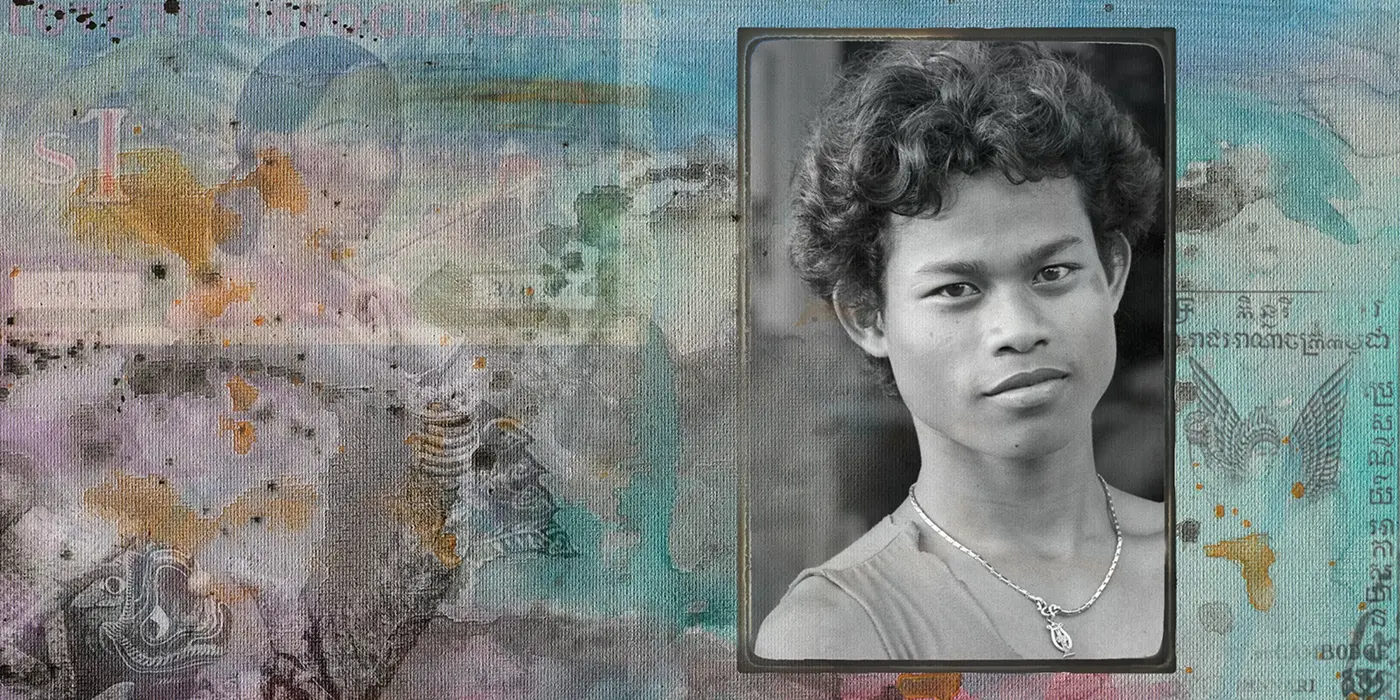August 2020
Through the years UMass Lowell has acquired collections from white western former international aid workers (records creators) created during their time working in and visiting refugee camps, holding centers, and border settlements in Cambodia, the Philippines, and Thailand during the 1970s and 1980s. The collections have displaced Southeast Asian peoples (Cambodians, Hmong, Lao, Vietnamese, and others) as records subjects. These collections provide partial context for the resettlement of Southeast Asian communities to the Lowell area during the same period. Oral histories created by UMass Lowell through the years have included Southeast Asians and have touched on the gaps of knowledge and record. All of these collections directly support the courses at UMass Lowell and research conducted by students and faculty (records users).
Southeast Asian Digital Archive (SEADA) acknowledges the complexities these collections from white western former international aid workers hold:
- There is an imbalance in the historical record because UMass Lowell has no such collections from the same time period and place from Southeast Asian communities themselves.
- There are barriers to accessing collections by Southeast Asian communities (records subjects and records users) when collections are physically located at UMass Lowell.
- The circumstances of wars, genocide, and displacement contribute to the gaps in the historical record.
- In general, there have been and may continue to be tension between international aid organizations and former international aid workers and formerly displaced Southeast Asian communities.
- In general, there have been and continue to be tension between archives and the people that may unknowingly be records subjects.
SEADA is digitizing parts of these collections about displaced Southeast Asian communities to give access to these historical records. SEADA does not necessarily endorse the views in these collections.
These collections are historical and as such may have views, language and imagery in them that are no longer used or considered appropriate today.
Questions?
Please email: seada@uml.edu if you have any concerns.
If something is being shared without your permission, please visit the Frequently Asked Questions page to learn how to request the removal of an item.
Further reading:
- Dressler, Virginia, & Cindy Kristof. "The Right to Be Forgotten and Implications on Digital Collections: A Survey of ARL Member Institutions on Practice and Policy". College & Research Libraries [Online], 79.7 (2018): 972.
- Vavra, Ashley Nicole. “The Right to Be Forgotten: An Archival Perspective.” The American Archivist, vol. 81, no. 1, 2018, pp. 100–111.
Acknowledgement:
SEADA would like to acknowledge that we drew on Michelle Caswell and Marika Cifor’s four key archival relationships in the article “From Human Rights to Feminist Ethics: Radical Empathy in Archives” when writing this statement.
Caswell, Michelle, and Marika Cifor. 2016. “From Human Rights to Feminist Ethics: Radical Empathy in the Archives”. Archivaria 81 (May), 23-43.

